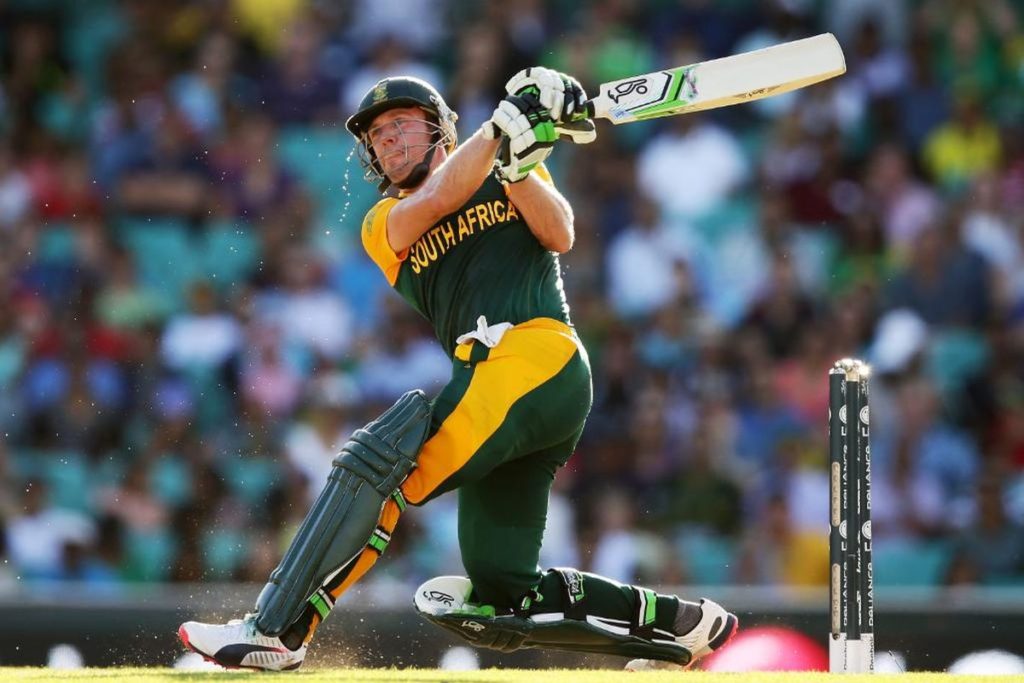If your objective is winning a major trophy, you have to pick the best available players. And if the Proteas want to win the T20 World Cup, they have to pick ‘freelancers’, writes RYAN VREDE.
Winning should always be the primary objective of any elite, professional sports team. This becomes increasingly important when that team is competing for the premier trophy in the sport. In cricket’s case, the premier trophy in the T20 format of the sport.
The T20 World Cup is five months away and there is still no clarity on what team the Proteas are taking to try to win the tournament.
There have been opportunities for locally based players in the past few months, some of whom have taken those opportunities, but many of whom have bombed.
Disconcertingly, there are a clutch of contracted players who, on the evidence of their recent form, have done nothing to advance their cause for a spot on the plane to India.
The national selectors can’t be accused of not prioritising locally based/contracted players. They’ve invested time and faith in them in the past two years. This is commendable.
But it is hard to make a case that a team comprised only of locally based/contracted players can win the World Cup. And if winning is the primary objective, why are we even considering this?
Director of cricket Graeme Smith has hinted that ‘team dynamics’ are the issue. ‘We have seen the success the West Indies has had in bringing back free agents,’ said Smith. ‘But there are many factors involved, including team dynamics. Our focus has always been on trying to get our best squad together for an extensive time.’
Smith, as a player, was a serial winner. I understand that, in his current role, his mandate is far broader than just winning, and there are external forces that complicate his job. But it baffles that he wouldn’t bring more of his characteristic winning mentality to the table more forcefully on this issue, especially since it is plain to see that the team they’ve invested in won’t win a World Cup.
I’ve read too many emotional arguments on freelance cricketers. There is a narrative that they are somehow unpatriotic and greedy. This is such an unsophisticated argument, and one that I’ve rebuffed countless times. Making a career decision that will maximise your earning potential is not unpatriotic. It is smart, and one that most employees would make, irrespective of their profession.
But the emotion that clouds sport drives these types of foolish narratives. Divorce the emotion from a selection debate and you’re left with a question like: Does AB de Villiers gives the Proteas a better chance of winning a major trophy than Heinrich Klaasen or Pite van Biljon do?
The answer is yes. Pick him.
Does Faf du Plessis give the Proteas a better chance of winning a major trophy than the gifted but raw Janneman Malan does?
The answer is yes. Pick him.
Does Chris Morris give the Proteas a better chance of winning a major trophy than Dwaine Pretorius or Andile Phehlukwayo do? This is up for debate, as is the Tabraiz Shamsi-Imran Tahir conundrum. In these cases, a vigorous but emotionless selection debate needs to happen. The guiding question should always be: who gives us the better chance of winning the World Cup?
If it is too close to call, I’d support the locally based/contracted player being invested in.
These ‘freelance’ players should also not be forced to commit to playing international cricket post the T20 World Cup as a criteria for selection. The Proteas need the most competent team to complete a project. Engaging their services should not require their commitment beyond that project. This is not the way of the modern working world.
The focus must be winning and to achieve this the selectors (and public) must divorce emotion from selection. Just pick the best available team within the framework they have. It is really that simple.







